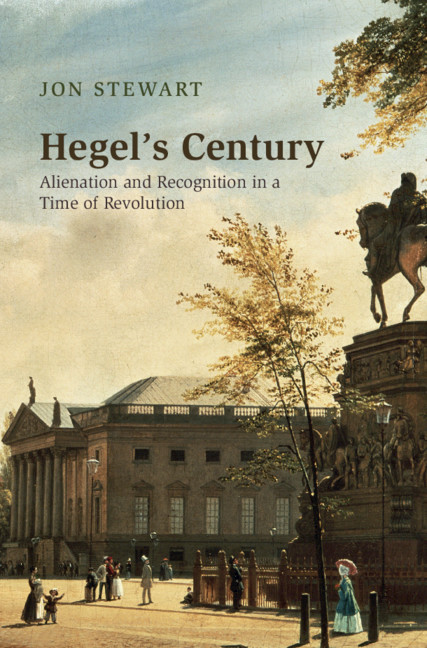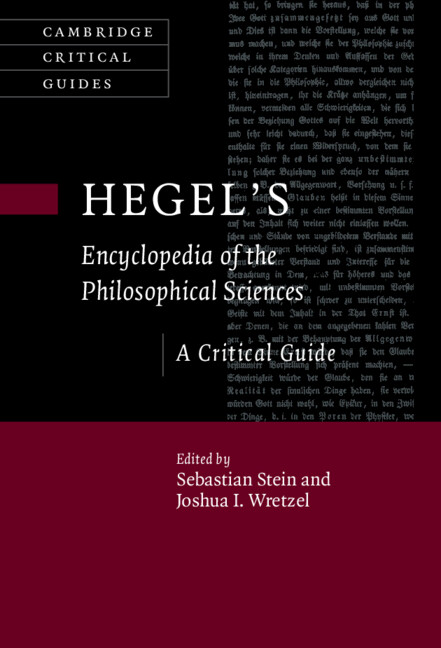Hegel Beyond Liberalism
Hegel's political philosophy has long been associated with some form of social or welfare liberalism. Bernardo Ferro challenges this interpretation and shows how Hegel's work harbours a more ambitious philosophical project, pointing to a different vision of modern society. Ferro argues that Hegel's account of the state should be read not as a complement to the concept of civil society, but as a direct challenge to its underlying logic. He then draws the political and economic conclusions implicit in this line of approach, arguing that the conscious pursuit of the common good which Hegel regards as essential to a rational state is not compatible with either a capitalist production system or a constitutional monarchy: a true dialectical synthesis of the particular interests of individuals and the general interests of society entails nothing less than a comprehensive democratization of the economic and the political spheres, and the need for this transformation holds the key to Hegel's enduring political relevance.
- Revisits and reinterprets the work of one of the greatest modern philosophers
- Uses Hegel's work as a starting point to address contemporary social and political issues
- Engages with recent, ongoing debates about political and economic democracy
Reviews & endorsements
'In this controversial but compelling interpretation of Hegel's Philosophy of Right, Bernardo Ferro shows that the basic thrust of Hegel's social and political philosophy is transformative. His book is poised to make a lasting impact not only on Hegel scholarship but, much more broadly, on general debates about the proper relationship between freedom, the market, and the state.' Hannes Kuch, Goethe-Universität Frankfurt
'In recent decades, Hegel's political philosophy has been read in a predominantly liberal way. In offering an interpretation of Hegel that runs against this trend, this book successfully revives the core of his political thought, which focuses on the good life of the collective. The Hegel that emerges through these pages is a sharp critic of capitalism, whose work lays the ground for a conception of democracy that is not confined to politics, but extends into the realm of economic production.' Arash Abazari, Emory University
Product details
September 2025Hardback
9781009584746
245 pages
229 × 152 mm
Not yet published - available from September 2025
Table of Contents
- Introduction
- Part I. Hegel, Freedom and Liberalism:
- 1. Hegel and liberalism
- 2. The dialectic of freedom
- 3. Hegel's critique of liberalism
- Part II. Hegel Beyond Liberalism:
- 4. The dialectic of personal freedom
- 5. The dialectic of economic freedom
- 6. The dialectic of political freedom
- Conclusion
- Bibliography
- Index.






